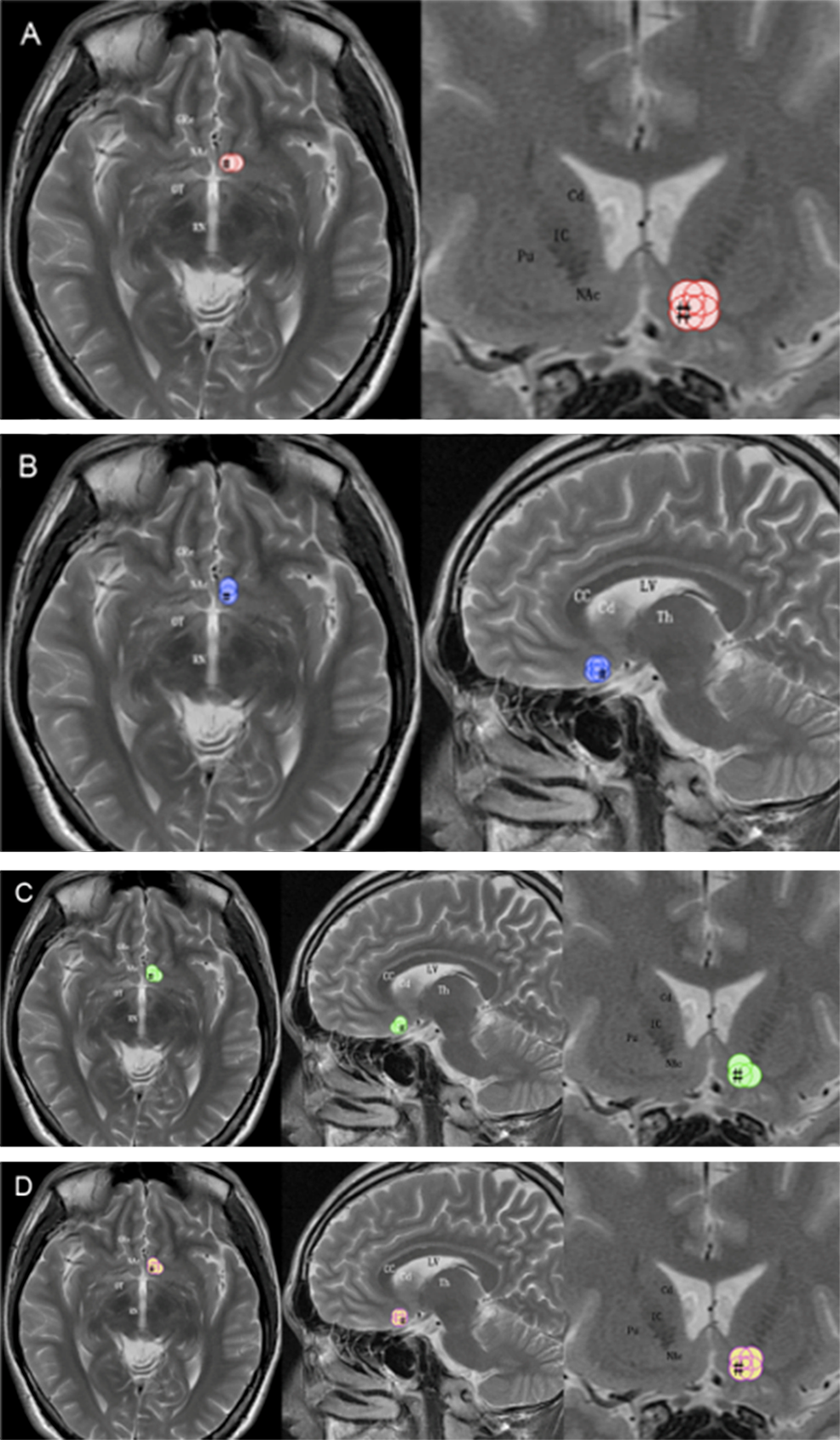Neuroprotection
Bluelighter
- Joined
- Apr 18, 2015
- Messages
- 1,265
Out of all the failed treatments for drug addiction tested so far, perhaps the worst and most hideous of them is a form of brain surgery called nucleus accumbens ablation. it is what the name suggests, surgical destruction of parts or all of this important brain region. of course, the nucleus accumbens is a major reward centre of the brain and is vital for both natural and drug reward. The idea is that surgically destroying it blocks the motivation for drug use as well as the pleasurable effects of drugs.
I thought naltrexone implants were a bad idea until I heard of this. reports on the outcome of this surgery, mainly carried out in China are difficult to understand and I can’t really ascertain The after effects of the surgery. there was mention of lethargy, depression and memory impairment as common side-effects but I don’t know how it would affect patience ability to feel natural or drug-related pleasure.
Can anyone help me understand this? am I missing something or is this just an evil treatment developed by a bunch of psychopaths?
I thought naltrexone implants were a bad idea until I heard of this. reports on the outcome of this surgery, mainly carried out in China are difficult to understand and I can’t really ascertain The after effects of the surgery. there was mention of lethargy, depression and memory impairment as common side-effects but I don’t know how it would affect patience ability to feel natural or drug-related pleasure.
Can anyone help me understand this? am I missing something or is this just an evil treatment developed by a bunch of psychopaths?






